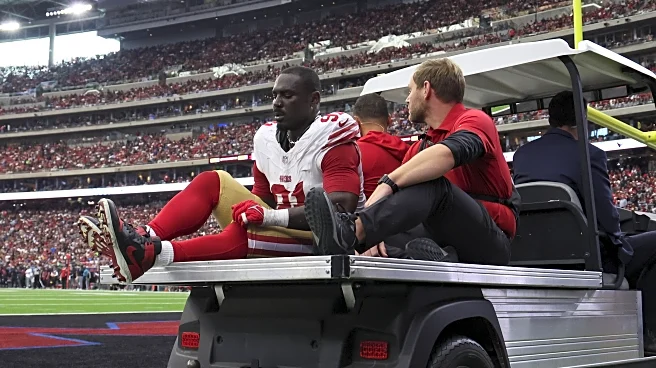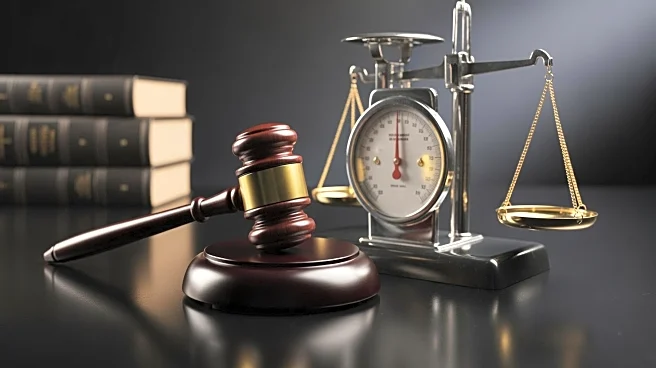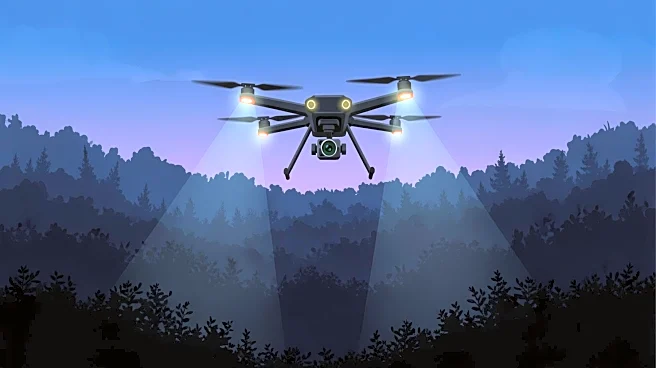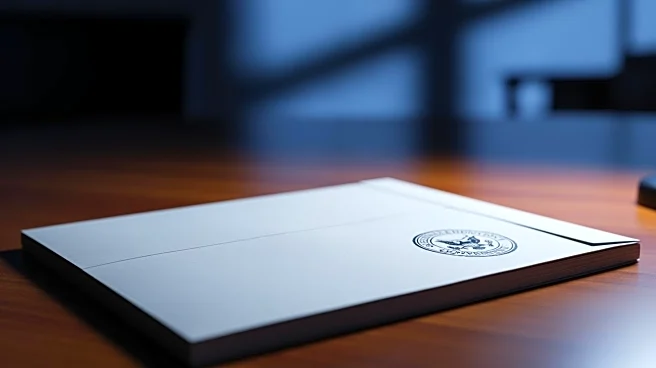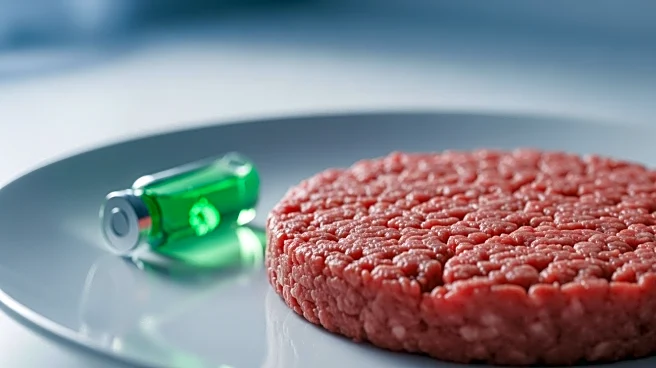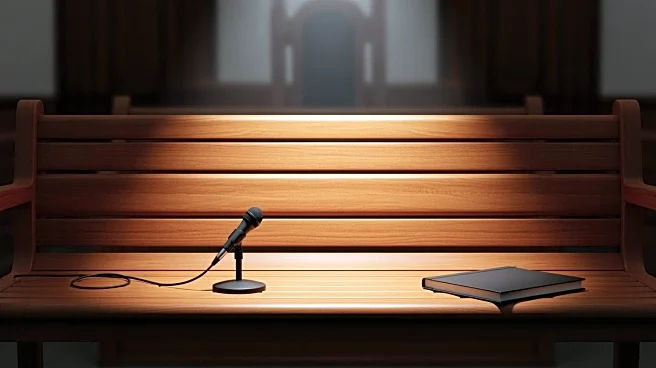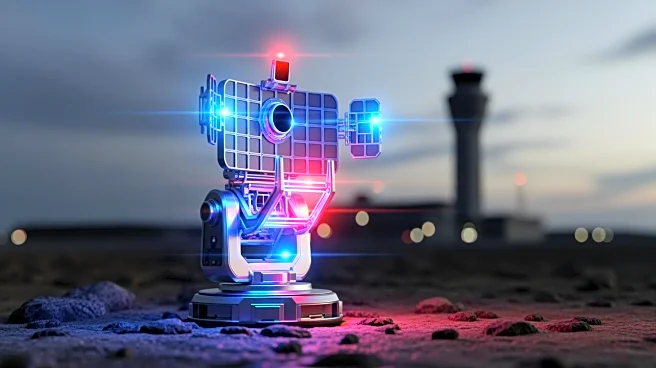The 49ers did not play good football on either side of the ball in their Week 8 loss to the Houston Texans, with failings on both sides extremely apparent during the 26-15 defeat.
Given the level of injury adversity the 49ers are dealing with, it was no surprise to see a game like this finally arrive. Eventually, the blows just become too much and, in a game in which the offensive line was overmatched against the Texans’ ferocious defensive line, the 49er attack could not do enough to support a defense
that simply didn’t have the horses to get Houston off the field.
Tight end George Kittle defended the undermanned defense’s performance, praising Robert Saleh’s unit for playing “bend but don’t break” defense amid yet more injuries to the likes of Sam Okuayinonu, Jordan Elliott and Dee Winters. The defense allowed two touchdowns and four field goals.
Already down key pass rushers in the form of Bryce Huff and Yetur Gross-Matos in addition to the season-long absence of Nick Bosa and linebacker Fred Warner, the 49ers were in a very difficult spot.
Huff had played a crucial role in the 49er defense shutting down the Atlanta Falcons in Week 7, and the injuries to Okuayinonu and Elliott exacerbated the problem for San Francisco that was a constant on defense throughout — a failure to make the Houston offense pay on third down.
The Texans went 9-16 on third down, including conversions on third-and-11, third-and-10 and a 30-yard touchdown pass on third-and-7.
While head coach Kyle Shanahan pointed to some struggles in the secondary after the game, the lack of duress C.J. Stroud came under was critically apparent throughout.
San Francisco couldn’t get home with four and couldn’t get home on the blitz.
That’s a disastrous recipe for a defense. While the 49ers will get Huff back, their issues getting to Stroud laid bare the need for reinforcements on the defensive front.
The problem is that Shanahan has been consistent in his messaging that any player for whom the 49ers trade must be someone who can help the team this year and beyond.
“Nothing changes anything,” Shanahan said in his postgame press conference when asked if the result and the additional injuries changed their potential plans at the trade deadline.
“It has to do with what’s available out there. Does it help us this year, does it help us next year. Usually, as things get closer, you get an idea on who’s real, who’s not. We’ll evaluate that.”
That is a problem because it lowers the pool of potentially available players for the 49ers, with those with multiple years on their deal likely to be more expensive than those who would essentially be rentals.
And there is an argument to be made that, the more the injuries pile up, the less motivation the 49ers will have for pursuing a trade. If the Niners are honest with themselves, they will accept that a deep playoff run with this level of injury adversity is unlikely, making trading multiple picks away at midseason a less appealing prospect.
At the same time, there is a case to be made that the 49ers need to make a trade simply for the extra body, such is the number of injuries. The Niners will still want to compete after winning five of their first eight games, and they are not going to be able to fix their issues up front with players off the street. As such, it would behove them to find a pass rusher at the right price who can add some consistent pass rush to a front sorely lacking it.
With the players set to return on offense and what Robert Saleh can do as a defensive play-caller, the 49ers can still have a positive season that ends in the playoffs. The problem the 49ers need to solve is to figure out how much getting Saleh the help he needs to maximize their postseason chances is worth.
